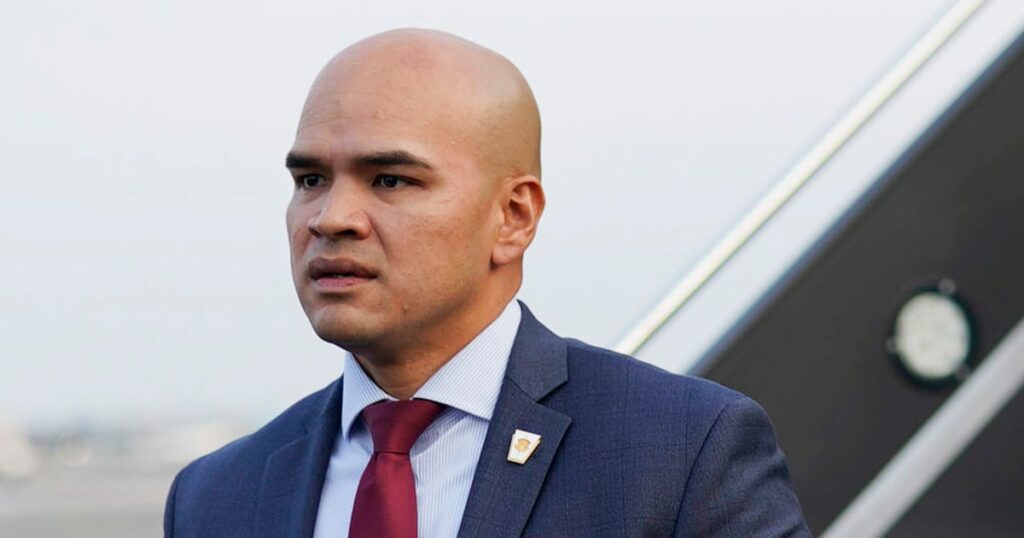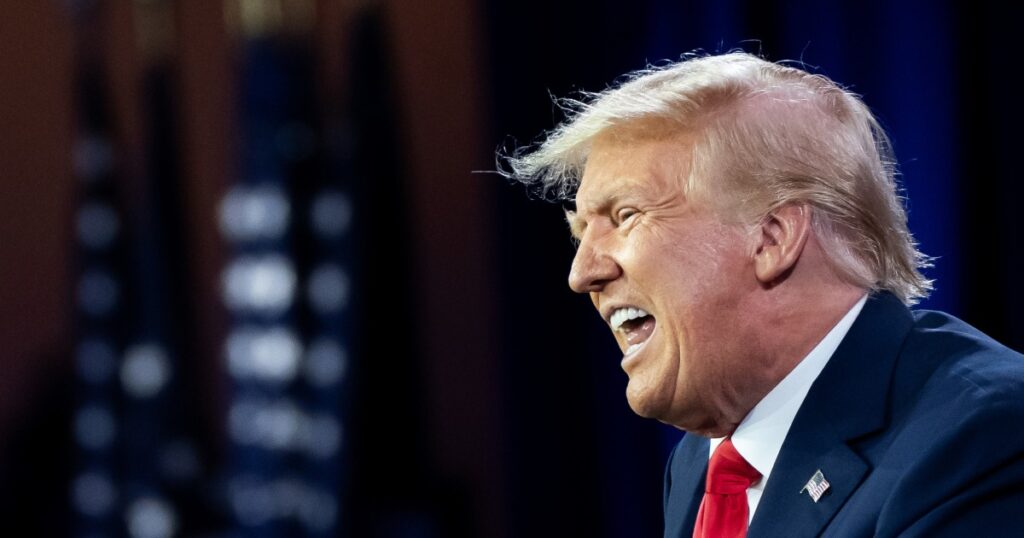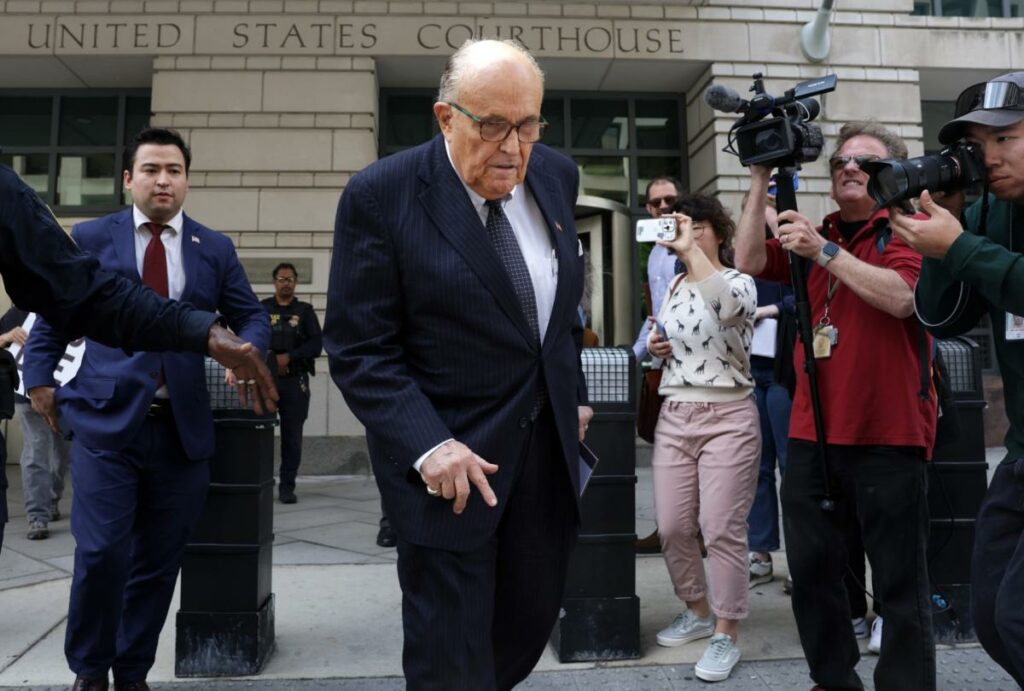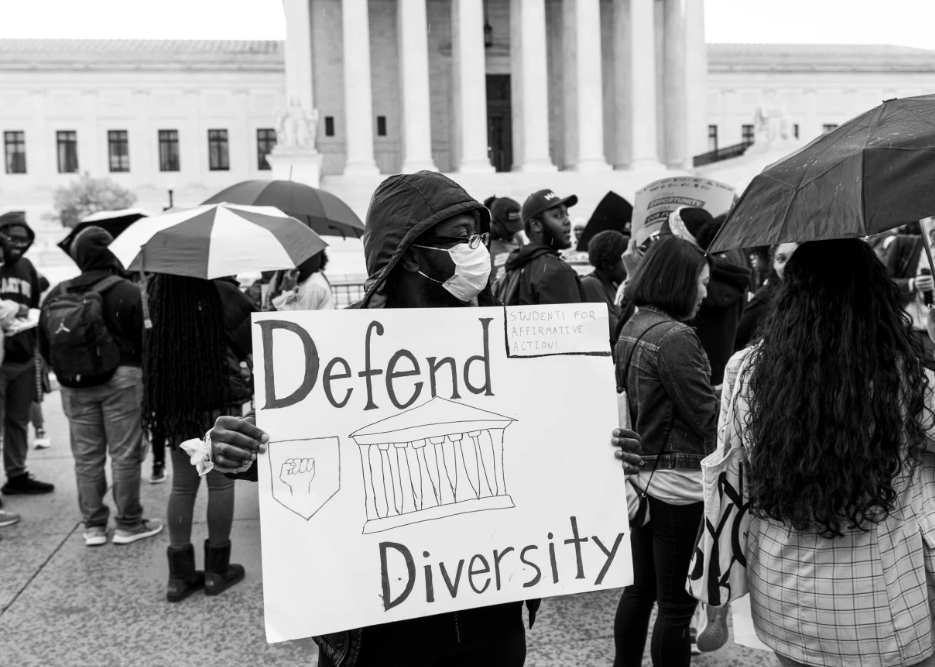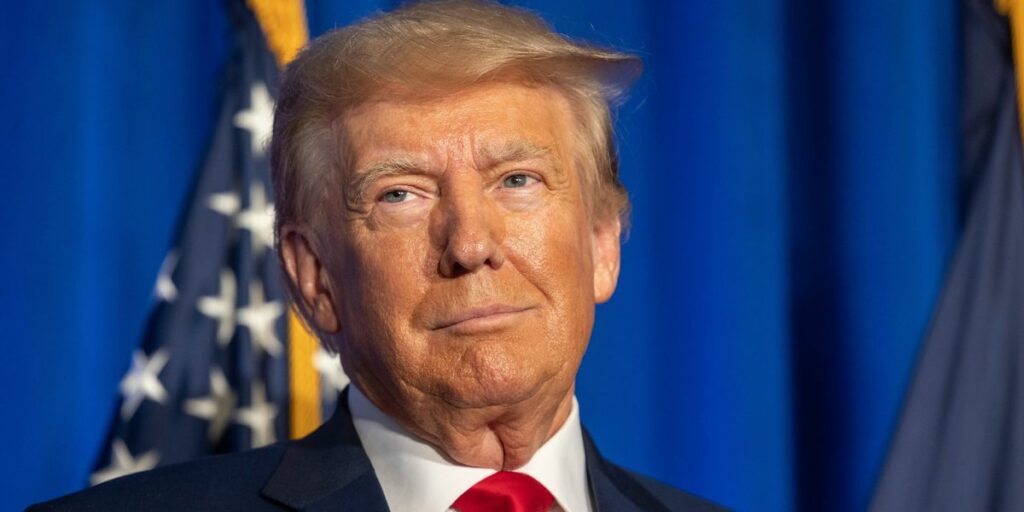Donald Trump’s co-defendant in the classified documents case, Walt Nauta, is finally set to be arraigned after several delays. The timing of this case is crucial, and even slight delays can have a significant impact. Let’s take a closer look at the latest developments and what they mean for the trial.
Arraignment Delayed: The Importance of Proper Counsel
While Trump was arraigned in Miami a month ago, Nauta’s arraignment was postponed to ensure he had proper legal representation. It was necessary for him to secure a lawyer admitted to the Florida federal district where he and the former president were charged. However, even after the initial delay, Nauta still didn’t have proper counsel, resulting in another postponement.
Response Deadline Extended: Judge’s Involvement Questioned
Thursday was the deadline for Trump to respond to the trial date request made by special counsel Jack Smith in December. However, due to Nauta’s latest delay, the response deadline was pushed to July 10. Some have raised concerns about Judge Aileen Cannon’s involvement in the case, given her previous connection to the litigation before Trump was charged. While there is no evidence of any wrongdoing, her handling of the case will be closely watched.
The Trial Date: How Far Will the Defendants Push?
The defendants’ response to Smith’s trial date request, once they finally weigh in, will be crucial. It remains to be seen how far past December they will seek to push the trial and what Judge Cannon will allow. This will provide insight into how much Nauta’s pre-arraignment delay has benefited the defense.
In conclusion, the arraignment of Donald Trump’s co-defendant, Walt Nauta, has faced several delays, raising questions about the timing of the trial. With the response deadline extended and further delays possible, the actions of Judge Cannon and the defendants’ response will shape the course of this high-profile case. Stay tuned for more updates as the trial progresses.
Title: The Potential Implications of Walt Nauta’s Arraignment Delays on Jack Smith’s Strategy for Donald Trump’s Trial
Introduction:
The legal proceedings surrounding former President Donald Trump’s impeachment trial have captivated the nation’s attention. As the trial approaches, the significance of every detail becomes increasingly crucial. One such detail is the arraignment delays faced by Walt Nauta, a key witness in the trial. This article aims to explore how these delays may potentially jeopardize Jack Smith’s strategy, the defense attorney representing Donald Trump.
Background:
Walt Nauta, a former close associate of Donald Trump, has been subpoenaed to testify in the impeachment trial. His testimony is expected to provide crucial insights into the events leading up to the Capitol insurrection on January 6th, 2021. However, Nauta’s arraignment, which was scheduled to take place on February 1st, has been delayed due to unforeseen circumstances.
The Implications:
The delay in Nauta’s arraignment poses several potential implications for Jack Smith’s defense strategy. Firstly, it hampers the defense’s ability to adequately prepare for the trial. Smith’s team relies on Nauta’s testimony to build a strong case for Trump’s defense. Without a clear understanding of Nauta’s position, Smith’s strategy may lack the necessary depth and coherence.
Secondly, the delay provides an opportunity for the prosecution to strengthen their case. As the trial approaches, the prosecution will have more time to gather additional evidence and potentially uncover new information that could further implicate Donald Trump. This puts Smith at a disadvantage, as he will have limited time to counter any new evidence presented by the prosecution.
Furthermore, the delay in Nauta’s arraignment may also impact the public perception of the trial. The longer the delay persists, the more it may be perceived as an attempt to obstruct justice or manipulate the proceedings. This could undermine the credibility of the defense and create a negative perception of Trump’s legal team in the eyes of the public.
Possible Strategies:
In light of these potential challenges, Jack Smith must consider alternative strategies to mitigate the impact of Nauta’s arraignment delays. Firstly, he could focus on strengthening other aspects of Trump’s defense, such as challenging the constitutionality of the trial or questioning the credibility of other witnesses. By diversifying his defense strategy, Smith can minimize the reliance on Nauta’s testimony.
Additionally, Smith should proactively communicate with Nauta’s legal team to ensure they are prepared to provide a comprehensive and reliable testimony once the arraignment takes place. This will help Smith regain control over the timeline and ensure that Nauta’s testimony aligns with the defense’s strategy.
Conclusion:
The arraignment delays faced by Walt Nauta, a key witness in Donald Trump’s impeachment trial, have the potential to jeopardize Jack Smith’s defense strategy. The delay hampers the defense’s ability to adequately prepare, provides an opportunity for the prosecution to strengthen their case, and may negatively impact public perception. To mitigate these challenges, Smith must consider alternative strategies and proactively communicate with Nauta’s legal team. The outcome of the trial may ultimately hinge on how effectively Smith adapts to these unforeseen circumstances.

